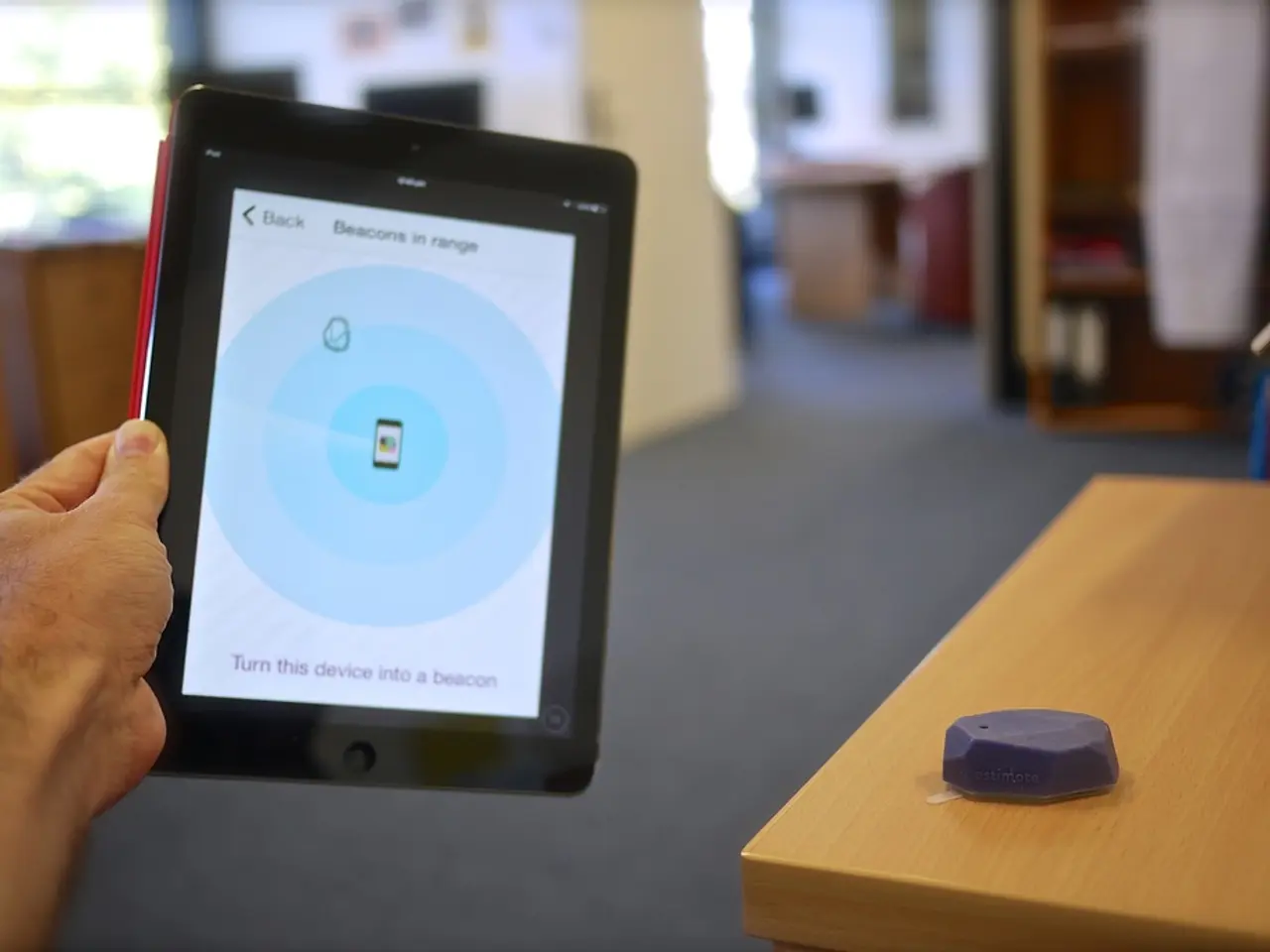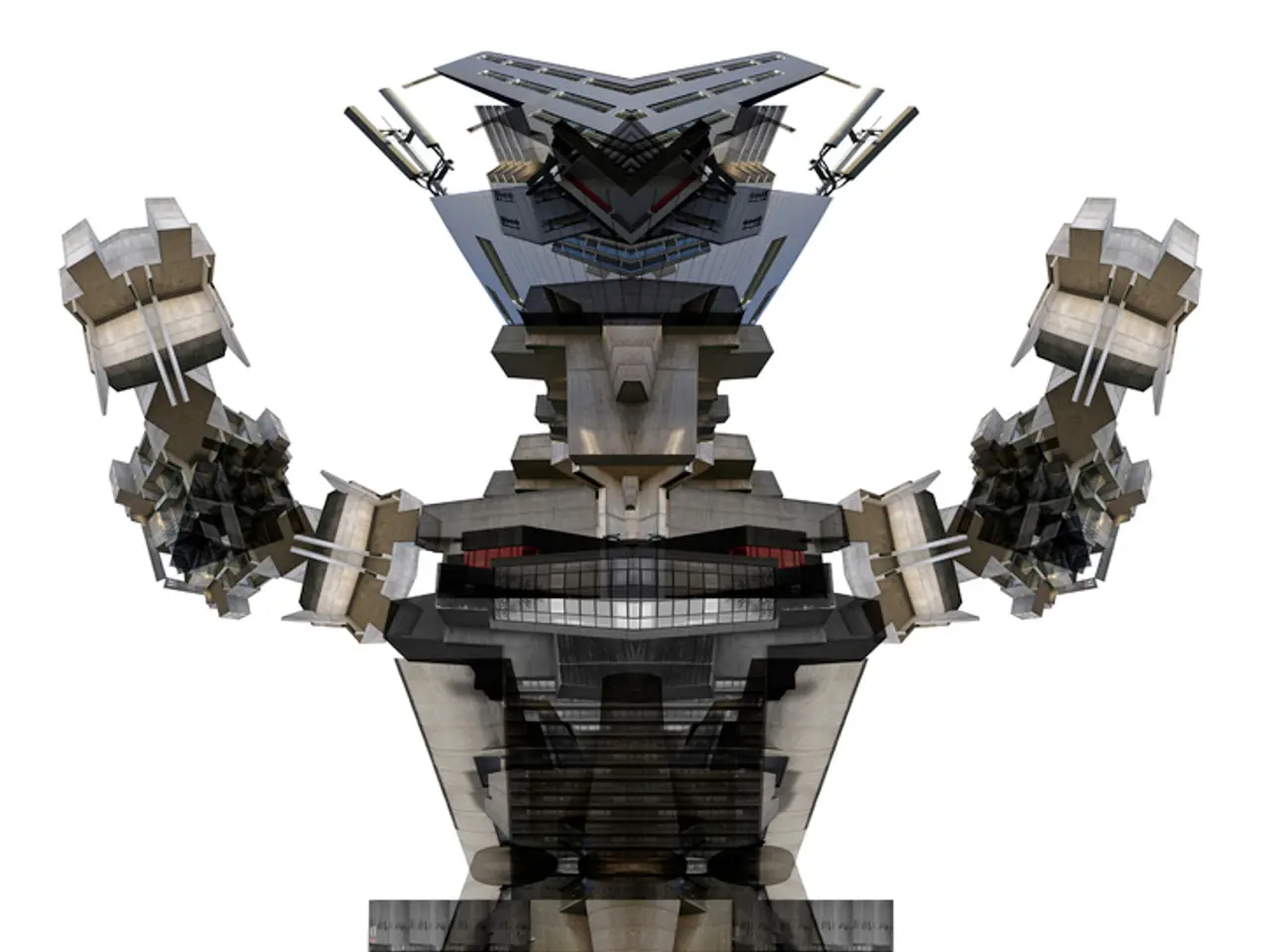Xbox's Last Remaining Strategy: Transforming into a PC Gaming Platform
Microsoft's future Xbox devices, in all shapes and forms, may not be traditional gaming consoles at their core. In a groundbreaking announcement, Microsoft's Xbox President, Sarah Bond, revealed plans for a sequel to the Xbox Series X, hinting at a broader shift in the company's strategy.
A PC-Like Xbox
The news suggests a transition towards a PC-esque Xbox ecosystem, potentially integrating a game-focussed version of Windows. For gamers like me, this could potentially mean playing Steam games on a custom console, reviving the allure of Xbox. For Microsoft, this move could be a strategic attempt to stay afloat in today's ever-evolving gaming market.
Zen 2 Processors from AMD
Microsoft's upcoming devices will boast processors designed by AMD, similar to the Zen 2 microarchitecture in the current Xbox Series X. Whispers about AMD's Ryzen Z2 Extreme chipmaking its way into mobile devices, like those bearing the Xbox brand, aren't unheard of.
An Open Xbox Environment
Microsoft championed a shift towards an open Xbox ecosystem, with plans for a whole family of compatible devices offering an Xbox experience that isn't restricted to a specific store or device. Could this mean we'll finally be able to use our Steam library on Xbox devices?
A Gaming-Centric Windows Operating System
If Microsoft plans to unify the Xbox experience across all devices, it would require a universal platform. This could potentially translate into a gaming-centric Windows 11, optimized for gaming performance, with the Xbox app front and center.
From Controller to Mouse and Keyboard
The Xbox app has traditionally been designed for mouse and keyboard use and has been slightly modified for controllers. However, the big question looms: will this new iteration cater to the precise gaming interface required for small screens, as seen in Valve's SteamOS layout?
The Slow Expansion Beyond Consoles
Microsoft has been gradually transitioning its hardware to a secondary role, favouring the growth of Xbox Game Pass and positioning itself as the gaming industry's Netflix. The acquisition of Activision Blizzard, despite initial reservations, could pave the way for Call of Duty on its subscription service.
Embracing the PC Market
With the new Xbox strategy, Microsoft has relegated the focus from hardware to software and services. The future seems to entail an expansion beyond consoles, with a focus on PC gaming, handheld gaming, and even cloud-based gaming. In a bid to stay competitive, the traditional console wields a new, software-first weapon.
Building the Future with AI
Microsoft's AI-driven strategy aims to transform Xbox Game Pass into a cloud-first, AI-enhanced service, offering personalized gaming experiences and AI-generated NPC behaviors. This shift underscores Microsoft's commitment to leveraging AI and cloud technology to revolutionize the gaming industry.
- Following Microsoft's shift towards a PC-esque Xbox ecosystem, the future of gaming may see a broader integration of technology, such as the use of tech-advanced processors like Zen 2 processors from AMD.
- In aligning with their new strategy, Microsoft is also preparing to unveil a gaming-centric Windows operating system, which may optimize gaming performance and place the Xbox app at its forefront.
- The revelation of an open Xbox environment brings possibilities for the future of gadgets, especially for gamers, as it could potentially allow us to use Steam libraries on Xbox devices, signifying a merge between the realms of tech and gaming.




